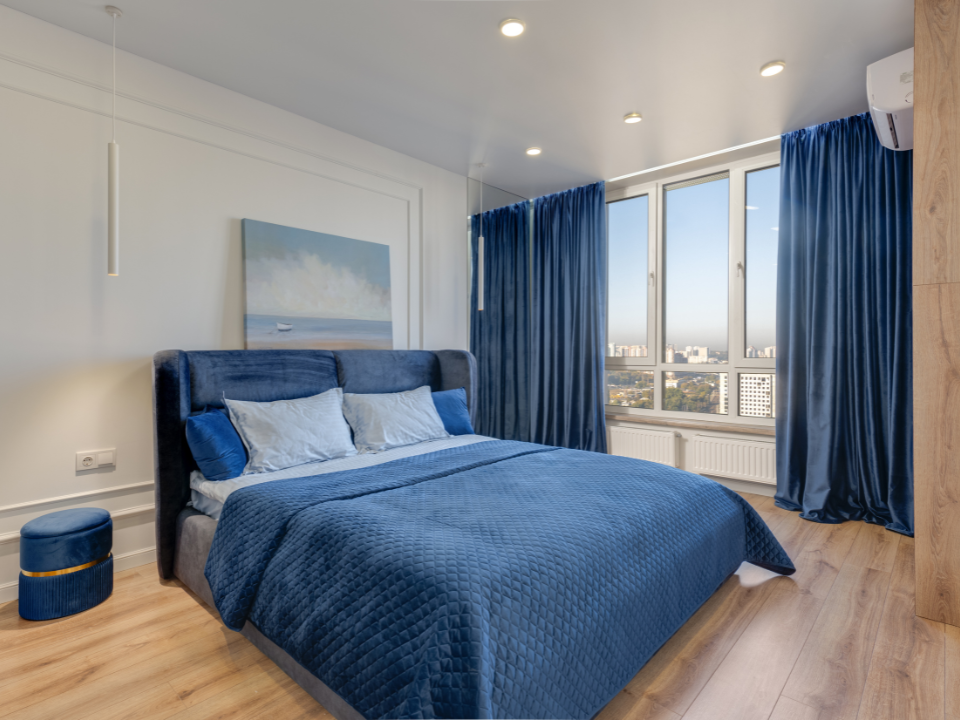- Asking rents have fallen YoY across all bedroom counts for the first time since 2020, with the national median asking rent down to $1,647.
- Larger units, such as 3-bedroom apartments, saw the biggest drop at 2.4%, while smaller units experienced more modest declines.
- Rising vacancy rates, particularly in larger apartment buildings, are contributing to falling prices, with the national vacancy rate remaining at 6.6%.
As reported in Globest, asking rents have slipped across all bedroom counts for the first time since 2020, a significant shift in the multifamily market.
Down Across The Board
A new Redfin report covering 33 metro areas reveals that the national median asking rent is now $1,647—$53 lower than 2022’s record high.
The report shows that asking rents for studios and 1-bedroom apartments inched down 0.1% YoY to a median of $1,498. For 2-bedroom apartments, the average asking rent slipped 0.3% to $1,730, and 3-bedroom units or larger saw a 2.4% drop, bringing the median rent down to $2,010.
Overall, each bedroom category is now at least $50 below their recent all-time rent highs.
Rising Vacancy Impact
One factor contributing to the decline in asking rents is the rise in vacancy rates. The national vacancy rate has remained at 6.6% for the past four quarters, the highest level since 2021.
For larger apartment buildings (those with 5+ units), the vacancy rate is even higher at 7.8%, up from 7.4% a year ago. These significantly higher vacancy rates suggest supply is outpacing demand, putting downward pressure on prices.
However, declining asking rents have been more modest for smaller units. Rents for 0–1 and 2-bedroom apartments have fallen less compared to larger units, as demand for more affordable smaller spaces remains relatively strong.
Regional Differences
Geographically, the drop in asking rents varies, with some regions seeing more significant declines. Texas and Florida, which have both seen a boom in multifamily construction, recorded the most declines. The metros with the largest rent declines include:
- Austin, TX: -16.9%
- Jacksonville, FL: -14.3%
- San Diego, CA: -12.7%
- San Francisco, CA: -7.6%
- Tampa, FL: -5.9%
Renter Outlook
While construction is slowing and prices are expected to rise again eventually, Redfin senior economist Sheharyar Bokhari suggests that now is a good time for renters to find deals, especially for families seeking larger apartments with at least 3 bedrooms.
It’s important to note that the report’s findings are based on asking rents, which may not always reflect the actual rents paid by tenants. Landlords might be offering concessions or discounts to fill vacancies, so effective rents could be even lower.
Additionally, the trends in the Redfin report may not capture the full picture. Other studies, such as Apartment List’s July rent report, which includes data from 100 metros, and RealPage’s apartment forecast covering 50 markets, still show positive YoY rent growth.
















